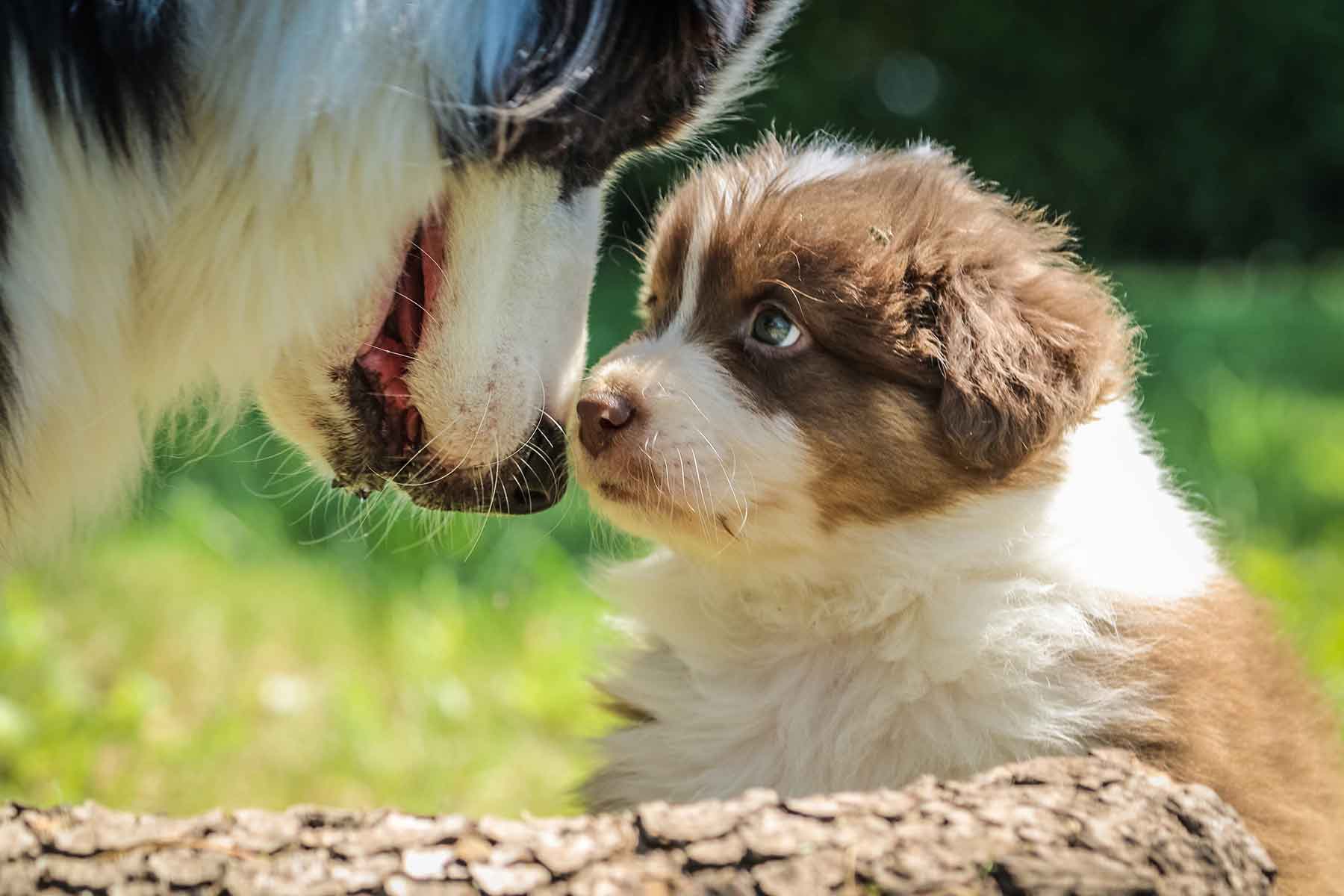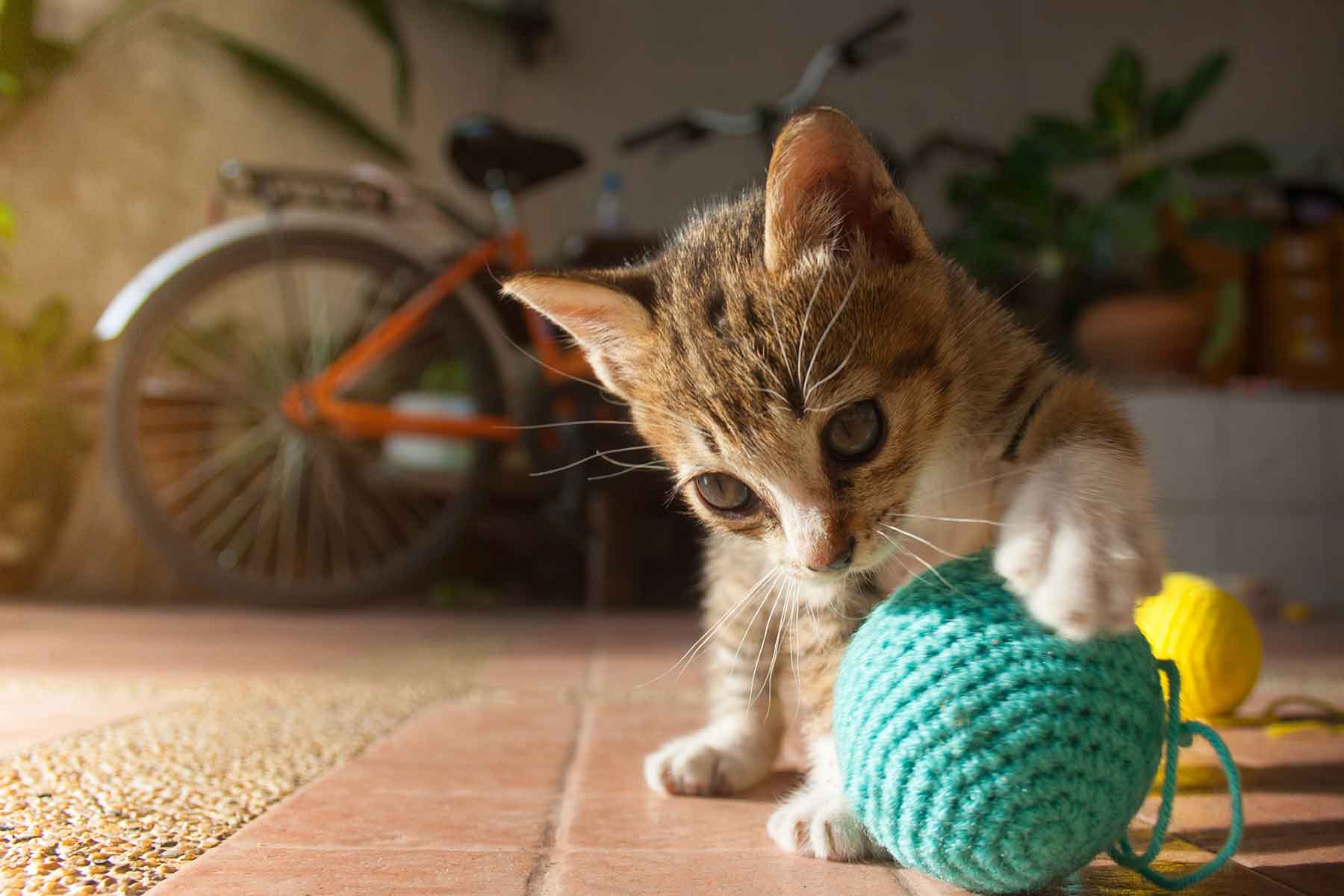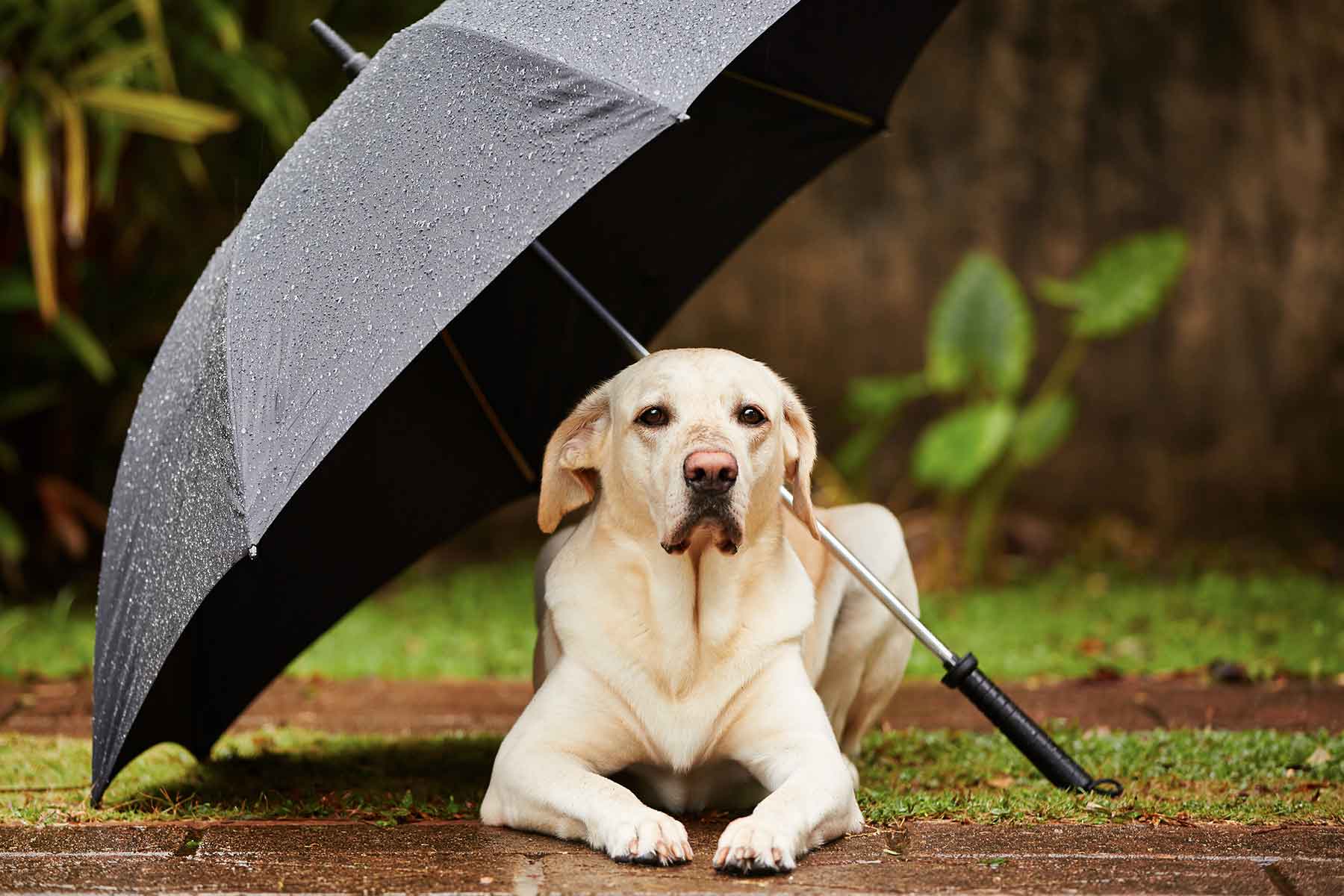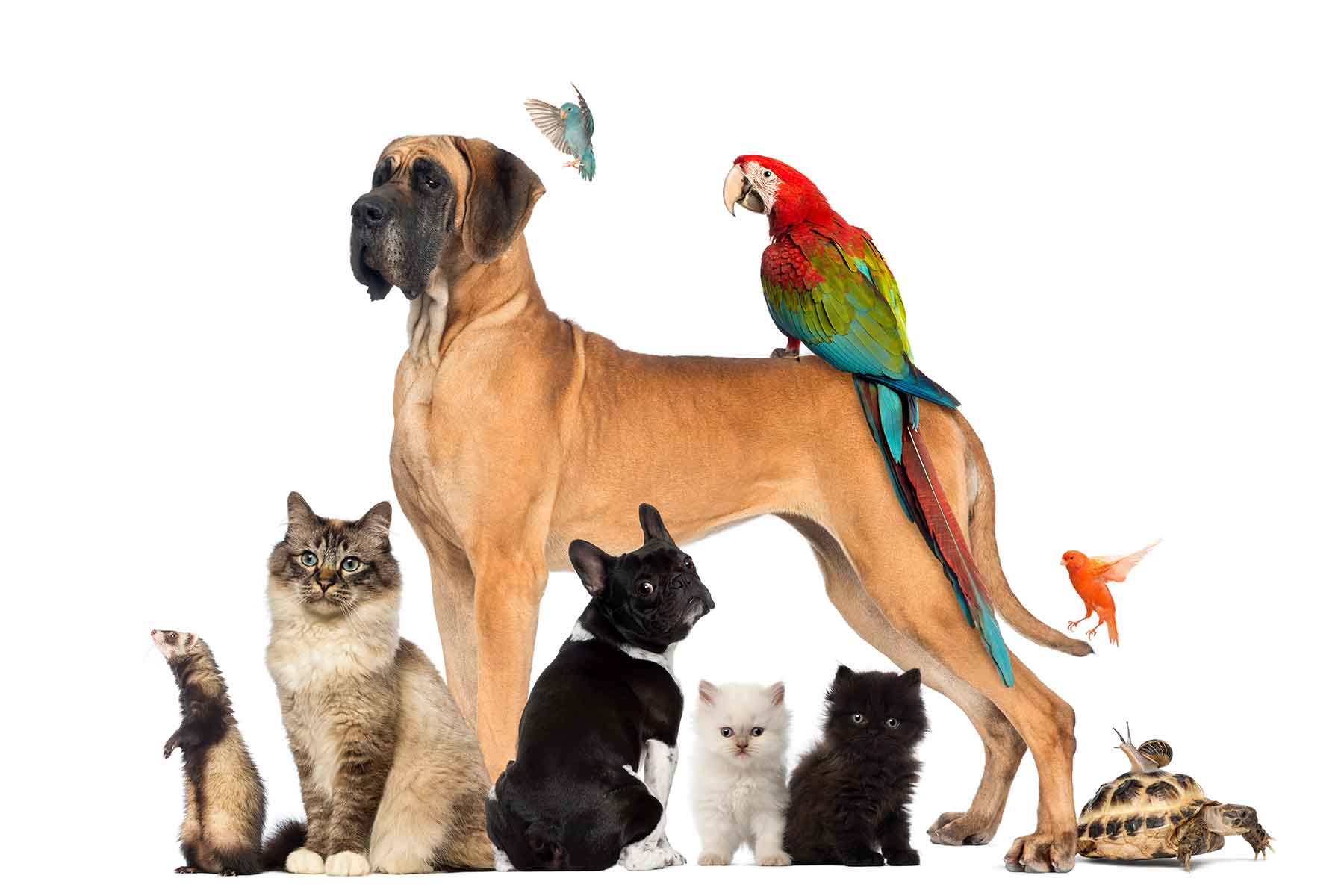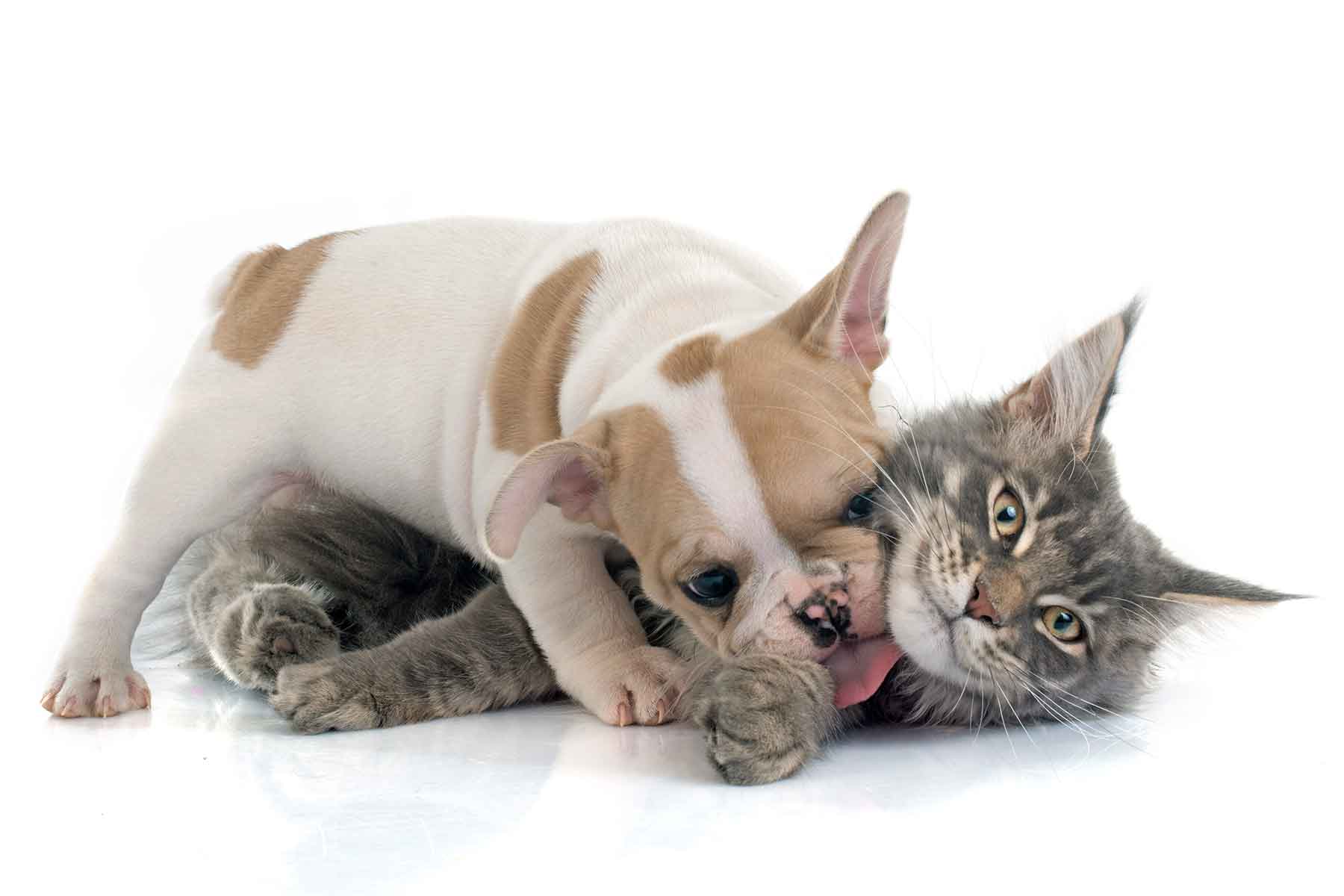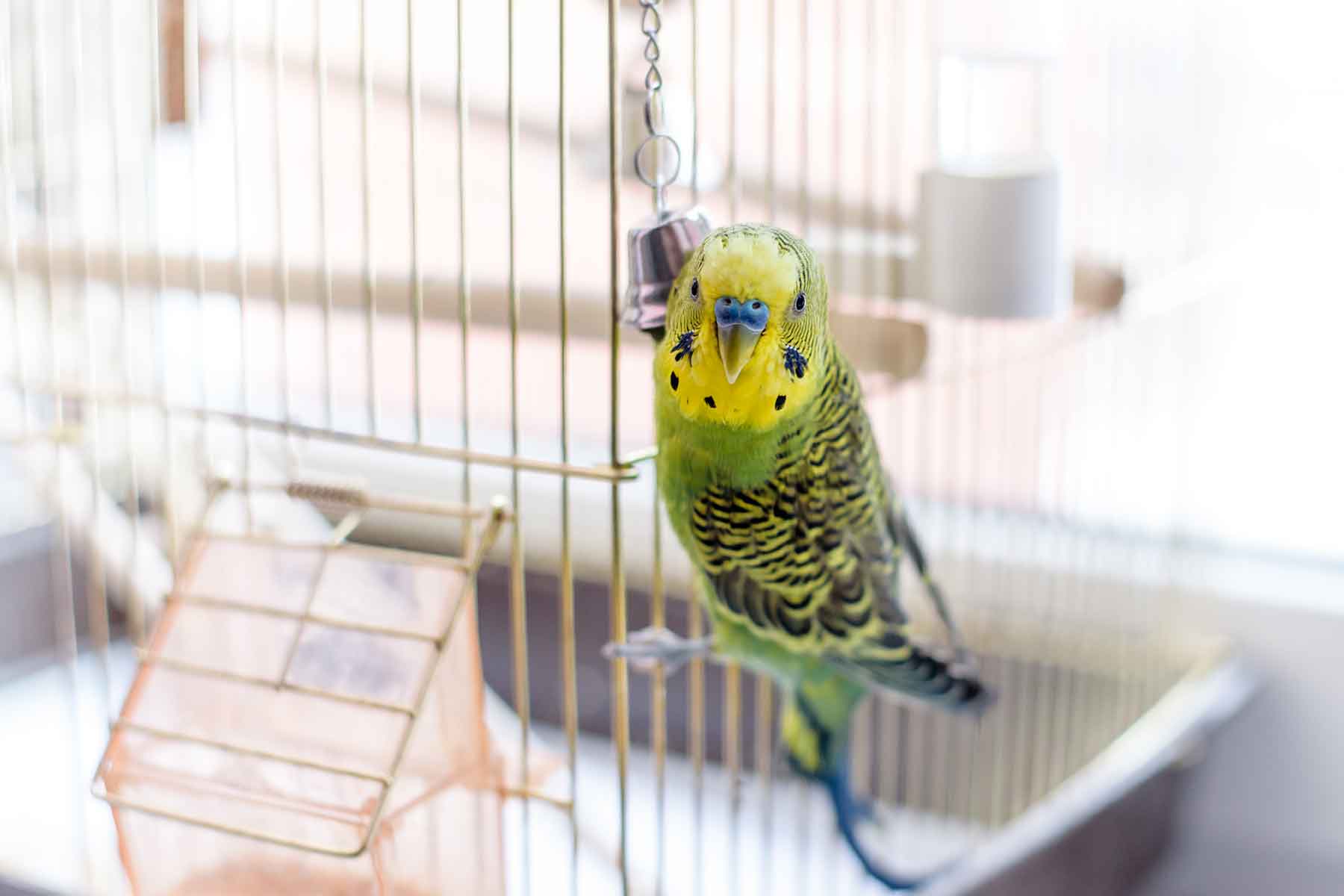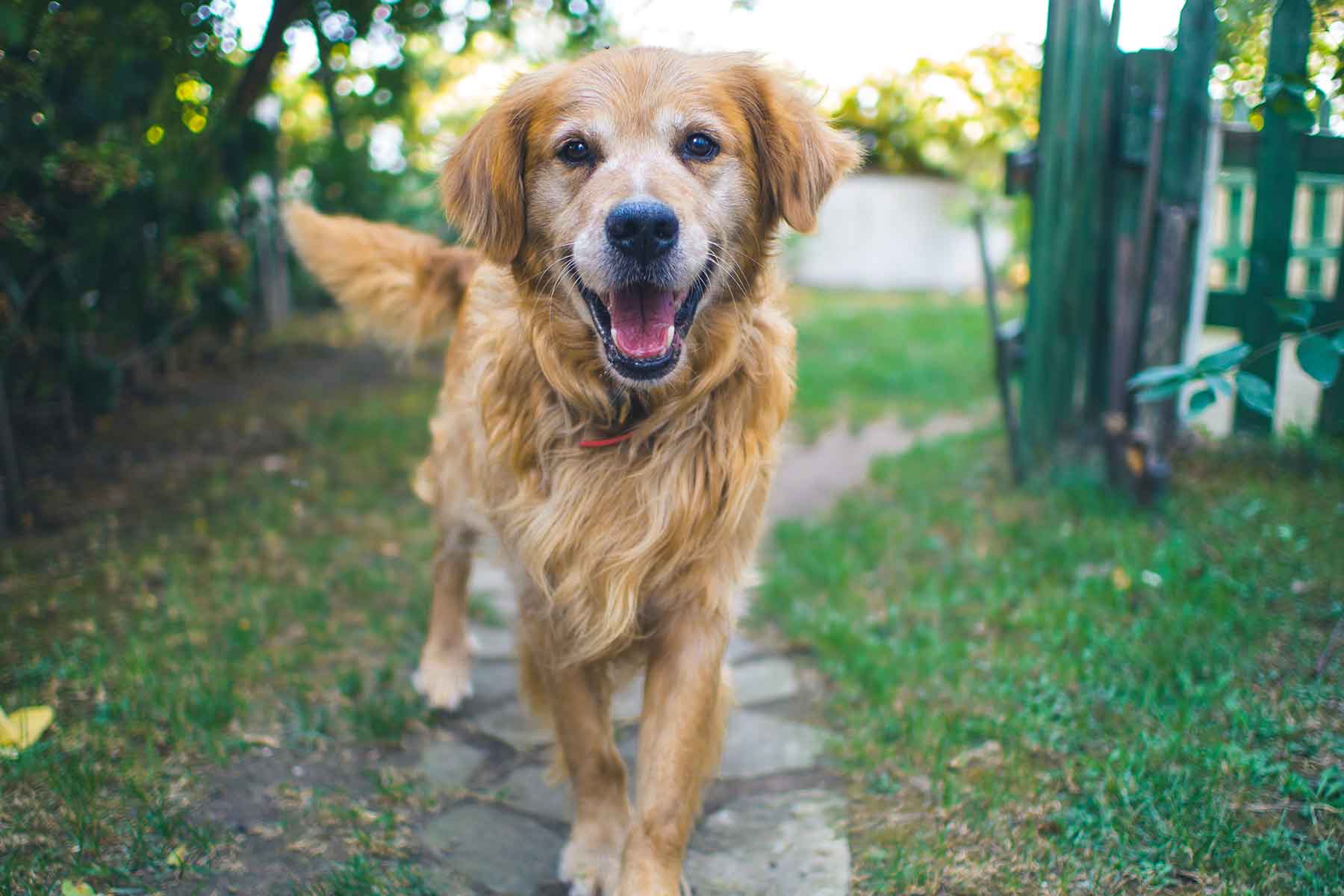Originally known as the Butcher’s Dog of Rottweil, after the small German town where the breed developed, the Rottweiler was a cattle and guard dog of great repute. Not only would the Rottweiler drive the cattle to market, but once they had been sold, the money would be put in a leather purse tied to his or her collar to be protected from thieves on the way home. As well as providing a droving and banking service for the butcher, the Rottweiler also pulled a cart around town doing the meat deliveries!
When livestock transport became mechanised, the Rottweiler’s role gradually changed to that of a police dog and guard dog, even serving during World War I. Today the Rottie, as they are fondly referred to, are primarily companion dogs.
Temperament and appearance
The Rottweiler has a dignified, unexcitable nature and natural cleanliness. They are very loyal and affectionate to their owners but also self assured with a fearless temperament. They have a natural guarding instinct and should be supervised around visitors and visiting children. Coupled with great strength and power, it is absolutely essential for all puppies to be socialised and given obedience training regularly and as early as possible.
Lifespan
With correct care and nutrition Rottweilers can live up to 12 years of age.
Care
Rottweilers require constant guidance and training. The importance of early socialisation is absolutely essential to prevent lifelong problem behaviours that can put you and your family at risk. If you are considering owning a Rottweiler and do not have the time and commitment for comprehensive early socialisation and regular ongoing training we strongly suggest you choose another breed. However if you and your family are willing to make the commitment, you will be rewarded with the respect and love of one of the most loyal breeds who have the potential to be happy around other pets and people.
Exercise
Daily exercise is essential for a happy and well behaved pet. Care should be taken to avoid sudden movement or falls such as running on slippery surfaces as the Rottweiler is prone to hip injuries such as hip dysplasia.
Health concerns
For the latest research in breed-related problems in Rottweilers visit the University of Sydney’s LIDA (Listing of Inherited Disorders in Animals) website.

